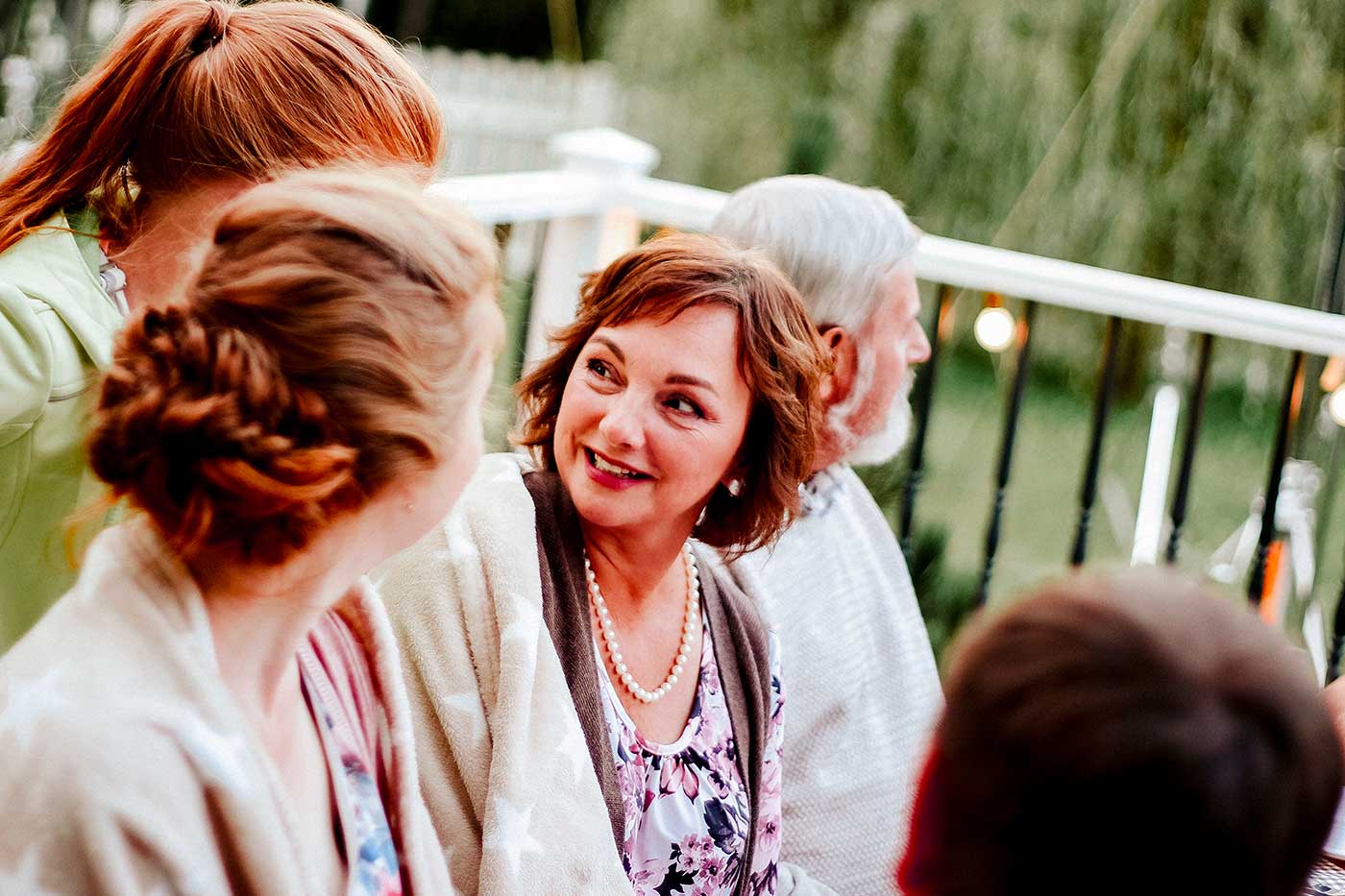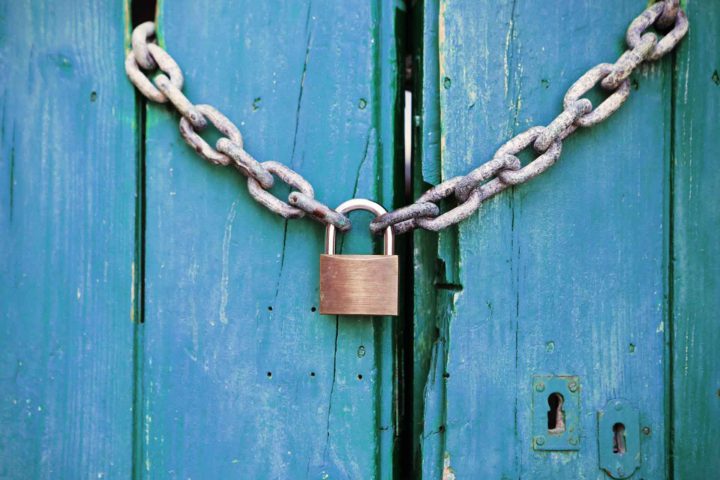Many people have perfectly valid Wills leaving their Estate to their spouse/partner and then to their children and grandchildren on the death of the second of them. But have they considered…?
… what would happen if the survivor of them went into care?
If after first death, the surviving spouse went into care, the Local Authority would assess the value of the survivor’s assets. This would include the assets of the first to die. This may include a family home. If the survivor has assets over £23,250, they will need to pay their care fees in full. The average cost of care is between £600 – £800 per week. A person’s assets would quickly decrease if they were to remain in care for any length of time.
… what would happen if their spouse/partner remarried?
As an example, Mr Smith dies first and leaves everything to his spouse Mrs Smith in his Will. It was their intention that on the death of them both, their combined Estate would pass to their children. Mrs Smith later remarried Mr Jones and made a new Will which left everything to Mr Jones. On Mrs Smith’s death, her entire Estate (including that left to her by Mr Smith) passes to Mr Jones. Mr Jones through his Will leaves everything to his nieces and therefore Mr and Mrs Smith’s children do not inherit.
… what if their children were going through divorce proceedings?
On death, the Estate is split equally between 3 children. They each inherit £100,000. However, one of the children is in the middle of divorce proceedings. As their inheritance is being paid outright to them, this will be taken into consideration when working out the divorce settlement.
How can this be avoided?
By using a trust in your Will, the share of either just the property or the property and other solely owned assets could pass to the trust created in the Will on first death. The surviving spouse/partner would be given a life interest in the trust assets meaning that they could live in the property rent free for the rest of their life and receive the income (if any) from the trust assets. On the survivor’s death, the assets held in the trust would pass to the beneficiaries of the trust.
How does this help?
If the survivor goes into care, they cannot be assessed as owning the trust assets. They have a life interest in them, but as they have not passed to them outright, they cannot be considered in the care fee assessment.
The above would protect the deceased’s share of the property (and their other assets if so required) on death, but it would not protect the whole of the property.
How could the whole of the property be protected?
A person or persons (the Settlor or Settlors) can transfer their property to a trust during their lifetime. This would provide them with a life interest in the property for the remainder of their lifetime but should also safeguard the property against any third-party claims.
Why not just transfer ownership to the children?
If the family home were simply transferred to the children and then any of those children died, divorced, became bankrupt or wanted to sell their share of the family home, it is possible that the Settlors might not be able to continue living in the family home. The trust provides the Settlor(s) with a life interest which cannot be overridden by other beneficiaries or by third parties making claims against other beneficiaries.
By utilising a trust, either within your Will or in your lifetime, you can take steps to protect your assets as far as possible. Why not take advantage of our free review to discuss how your planning could help protect all you have worked and saved hard for. (Factsheets providing further information about the above trusts are available on request.




